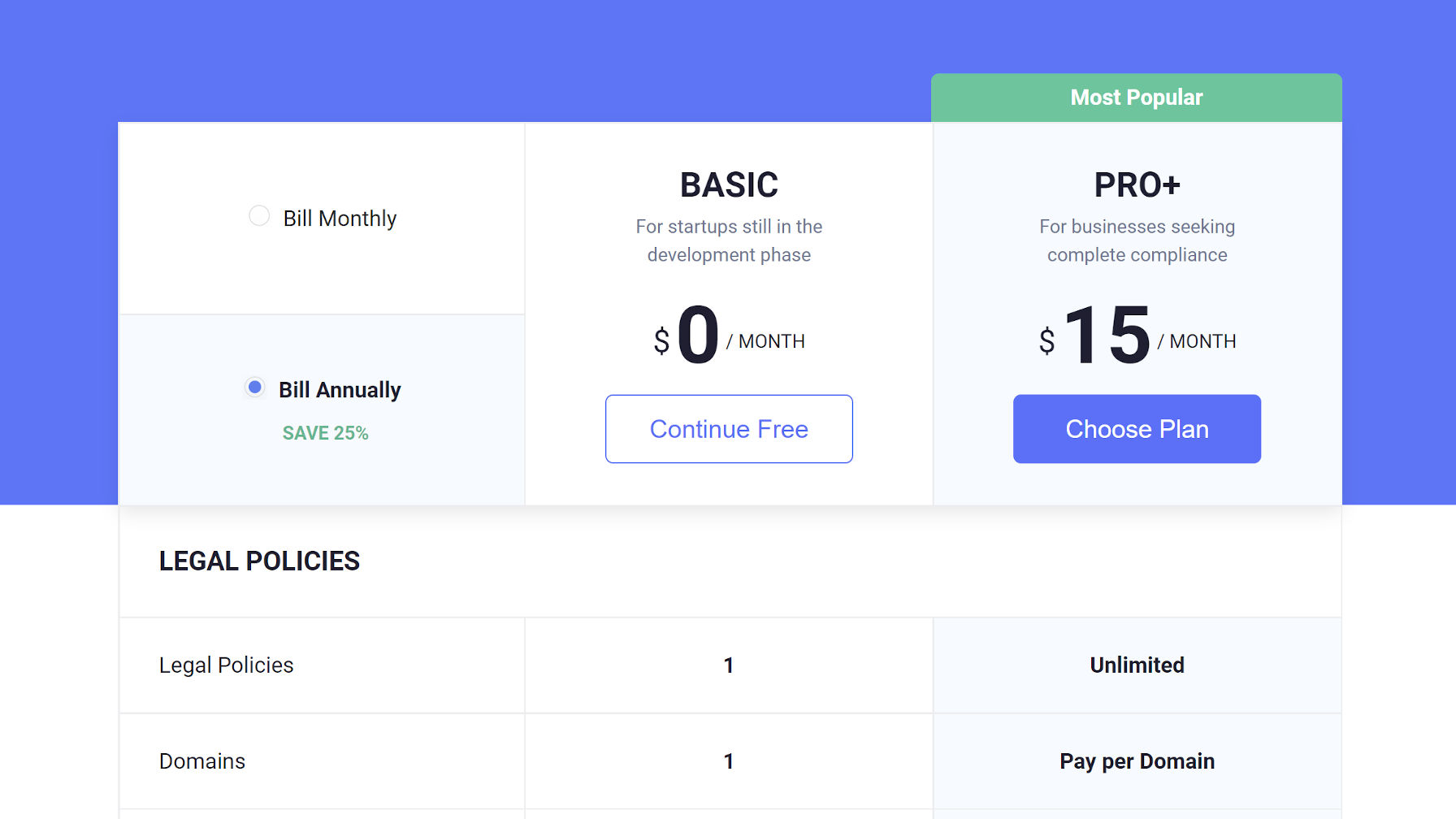Company A sells its plugin. Company B picks it up and moves forward with an overhauled version that looks and feels much different than the original. Users are outraged by the changes. It seems to be a repeating theme in 2021, almost as a rule rather than an exception.
Last month, Termly announced its acquisition of the GDPR/CCPA Cookie Consent Banner plugin. The plugin was a simple tool for adding and styling a consent banner for the front end. It is now a SaaS (Software as a Service) product that requires a Termly account to operate.
According to the team’s blog post, such changes were necessary. “Termly’s products, including the cookie consent management platform, are designed to cover the EU GDPR, the ePrivacy Directive, UK GDPR, and the CCPA. These laws require more than just a cookie consent banner to be compliant. Termly can help you build a privacy policy, create a Data Subject Access Request form, and comply with other privacy law requirements.”
In the past couple of weeks, users have taken to the WordPress.org review system, handing out 21 of the plugin’s 29 total one-star ratings. The project has over 200,000 users, so more should be expected if the general consensus is that this was a poor move by the company.
One of the complaints from users is the commercialization of the plugin. In the past, it was completely free to use. While there is still a free tier, users are limited to a mere 100 monthly unique visitors on a single domain. After hitting that limit, the banner will stop collecting consent records. The next level up costs $15 per month if paid annually.

As Pattaya Web Services pointed out via Twitter, “GDPR/CCPA Cookie Consent Banner for #Wordpress has been purchased by #Termly and will now cost most website owners $180 per year.”
Termly must get a return on its investment. The company has developers to pay, and they have families to feed. But, I suspect the average user will not warm up to the so-limiting-that-it-is-free-in-name-only introduction level. Having to pay for features that have been free for years will not sit well with many.
Of course, there is always the option of using the old version, but Termly has no plans of maintaining it or ensuring that it meets compliance. The only alternative for small site owners who cannot afford to pay is to opt for another solution.
“I guess GDPR Cookie Consent banner, now operated by @Termly_io didn’t learn anything from [the] fiasco with WP User Avatar plugin reported by @wptavern earlier this year,” wrote user Gennady Kurushin on Twitter.
I believe they did. There are differences, and Termly’s handling of this showed a willingness to be transparent.
And, I cannot stress this enough: the new plugin is not an entirely different one unrelated to its core purpose. It was overhauled and turned into a SaaS product. At the end of the day, it is still a cookie consent management plugin — just different and costs a lot more for most users.
Unlike Dark Mode and ProfilePress, Termly did not make the changes in the dead of night. At least the company was upfront about everything. The team included an announcement in a point release two weeks before sending out the overhauled version. It disabled automatic updates so that users would not accidentally upgrade without being aware of what was coming. It even published a public blog post detailing what was happening.

If anything, Termly took just about all the necessary steps it could have taken to prepare its user base. If a “right” way existed for a complete and utter makeover of a plugin, the company did as much.
That level of honesty is a bit more than we have seen in the past. The changes may still leave a bitter taste in the mouths of many users, but Termly should at least get a few points for making them in the light of day.
The result may be the same: fundamental changes in how the plugin operates, but users had a chance to ditch it or continue using the old version before anything went into effect. For some users, it may not be much, but that’s worth something.
I won’t be breaking out my pitchfork today, but I do not use the plugin. As more and more users upgrade to 3.0+ and realize they are essentially on the line for $180 per year, the reviews could get ugly.
Seeing what is happening in the repo lately, I think that taking over plugins/themes should not be allowed. Period. If anyone wants to fork a plugin or a theme from the repo, go ahead, but please don’t hijack accounts to take advantage of their existing userbase. Just open a new one.